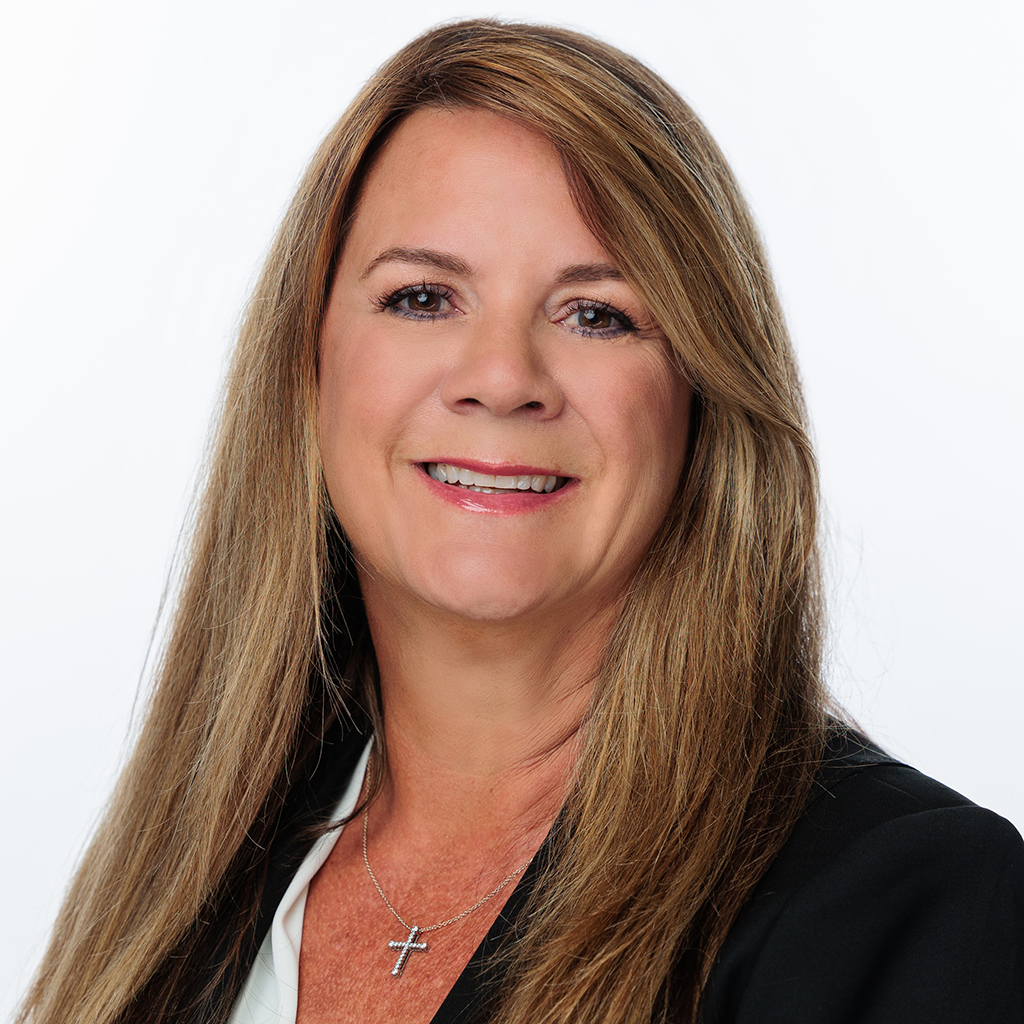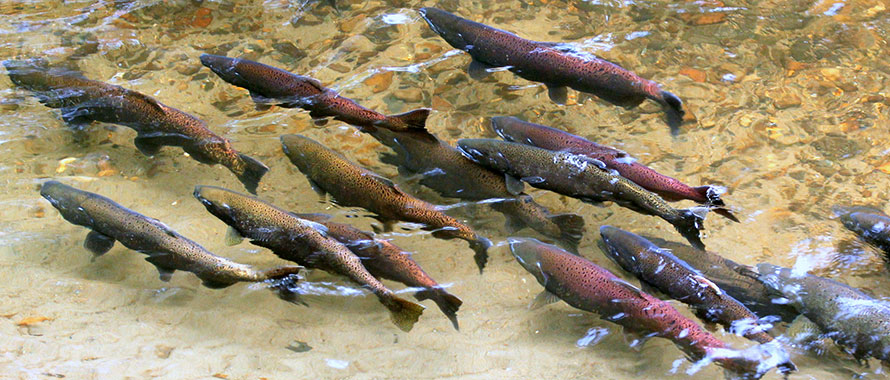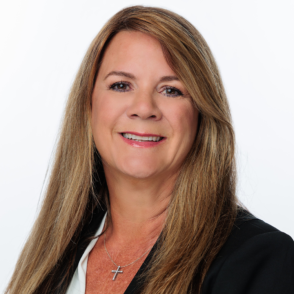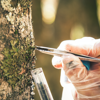When a fish tanker truck carrying more than 102,000 live salmon overturned on a sharp corner in northeast Oregon recently, a majority of the smolts — about 77,000 — made it into the adjacent Lookingglass Creek, according to reports. The truck had been transporting the fish from a hatchery for release in the Imnaha River, but rolled onto its side along the curve, went over a rocky embankment and then rolled onto its roof.
Featured Solutions
“I love that most of the salmon lived,” said Gina Jones, Vice President, Director, Environmental Programs, Burns & Wilcox, Denver, Colorado. “Over 25,000 did not, though, which is quite a mess. In the Environmental Insurance world, anything in excess and anything out of its natural environment is a pollutant.”

In the Environmental Insurance world, anything in excess and anything out of its natural environment is a pollutant.
The cost of cleanup and property damage from the spill would typically need to be covered. This coverage can take different forms, either as a site environmental policy for a client with transported cargo extension, or as a contractors policy (not anchored in site coverage, and with transportation coverage), said Karim Jaroudi, Manager, Environmental, Burns & Wilcox, Toronto, Ontario. Although the pollutant seems natural to the environment, that cannot be assumed, he said.
“At the end of the day, it is very easy to say they were fish from a river that went back to a river, but what is the aquatic life of that river like? They might very well upset the equilibrium,” Jaroudi said. “We always say anything that enters the environment that is not indigenous to the environment, or in higher quantities, for all intents and purposes has to be remediated out of the environment.”
Unexpected costs could arise after fish release
In this particular case, due to the nature of the release involving live commodities in lieu of harmful chemicals and/or compressed gasses, the potential for harm to natural resources is a secondary concern after an incident like the recent fish tanker truck accident. In that case, it was very fortunate that the driver had only minor injuries and that no one else was hurt in the crash, said Tyler Myers, Director, Transportation, Burns & Wilcox, Dallas/Ft. Worth, Texas.
“It was a blessing that nobody else was involved in this case, just that the unit overturned,” Myers said. “The severity could have been much, much higher if there was another individual involved. The main concern is injury and fatality involving the overturn, and secondary would be the commodities and the environmental repercussions.”
Coverage for bodily injuries or deaths, physical damage to the vehicle, damaged cargo and other losses after an accident could be covered under a transportation company’s Motor Truck Cargo Insurance, Auto Liability Insurance, Auto Physical Damage Insurance and other policies. In this incident, “it sounds like the load shifted dramatically, possibly from a high rate of speed around a turn, and it resulted in the overturn,” Myers said. “It could be anything from driver inexperience or unfamiliarity with the roads in that area to negligence.”

The main concern is injury and fatality involving the overturn, and secondary would be the commodities and the environmental repercussions.
Environmental damage resulting from a trucking accident is usually only covered under Transportation Pollution Liability (TPL) Insurance, Myers said. The coverage is especially important for more intricate operations, such as transporting live cargo. “It is an additional exposure,” he said, pointing to load shift and other hazards that can come with hauling bulk liquids. “[An insurance carrier] may want more in-depth information, such as the driver’s experience.”
When a release occurs that has the potential to negatively impact a waterway, the costs can escalate significantly — even with something seemingly “natural” like the salmon incident. According to Jones, claims related to the incident could range from odor concerns to stream damage.
“Depending on where that happened, the fish decomposing and causing quite a stench could be deemed a pollutant. Odors are, in fact, a pollution condition,” she said. “Generally speaking, these are natural fish that are probably going to decompose and go away, but again — anything outside of its natural environment or in excess is a pollutant. This is clearly outside of its environment. I would imagine that the U.S. Environmental Protection Agency (EPA) is probably going to pay attention to it.”
Depending on the species, food chain and conditions of the waterway, the additional salmon “could be intrusive to that environment and cause some degree of damage,” Jaroudi added. “Anything that did not belong there to begin with may need to be remediated.”
Environmental risks often underestimated
According to a recent OHS Canada Magazine report, 3 billion pounds of hazardous materials get transported in the U.S. each year, making hazmat spills somewhat unavoidable. Highway hazmat incidents have been on the rise in the U.S. in recent years, increasing from about 16,100 transportation-related hazmat incidents per year in 2013 to 25,300 in 2022, the IndyStar reported in July of 2023. In Ontario, Canada, transport truck collisions hit a 10-year high in 2023, CTV News reported last July. Whether hauling hazardous chemicals or something as seemingly innocuous as milk, TPL Insurance is generally needed.
“I always go back to one of our favorite examples, which is a tractor-trailer that was carrying milk and overturned. The milk went into the stream and sadly killed all the fish,” Jones said. “Your standard over-the-road policy is not going to cover that risk. It is not going to cover any [pollution] release, which is why it is important to carry TPL Insurance.”

[The salmon] could be intrusive to that environment and cause some degree of damage. Anything that did not belong there to begin with may need to be remediated.
Last summer in Toronto, Ontario, a truck carrying crates containing 5 million bees crashed and spilled the crates onto the road, where swarms of bees led police to ask pedestrians to avoid the area, NPR reported at the time. In Cherokee County, Georgia, a June 2023 trucking spill left chicken parts in the road, CDL Life reported.
After these types of incidents, companies could be sued for damages and face a variety of regulatory actions. In November of last year, a $500,000 settlement was reached in a lawsuit related to a trucking accident that caused a cleaning detergent spill into a creek, killing more than 30,000 fish, Fox News reported. Also last year, a trucking company was fined $37,000 by Canadian authorities for failing to promptly clean up a 2019 fuel spill in Northern Canada, according to FreightWaves.
Cases like these and the recent salmon spill are “proof you want TPL Insurance, if nothing else but for defense costs,” Jones said. When a claim is made, “you have to pay for the cost of investigations, and that is all paid for in our policy, outside of the deductible,” she said. “It is really important that you have insurance for something like that.”
Other covered expenses can include waste disposal, first- and third-party bodily damage and property damage, and in some cases, natural resources damages, she added. “If the cargo spills and damages the natural resource to the environment and we have to reintroduce it, [the policy] is going to pay for that,” Jones said. “The big thing is that business owners tend to think it is covered under their Cargo Insurance or Auto Liability Insurance, and it is really not. You must get a separate policy to take care of that. Individuals often do not realize that.”
Another common misunderstanding revolves around whether a policy is needed for most business owners. According to Jaroudi, lack of awareness is an ongoing issue in the industry. “I am still getting emails from seasoned brokers saying their client has zero exposure whatsoever, whereas is it our position that most contractors and premises will benefit from some form of Environmental Insurance,” he said. “Dredging cleanup on water gets very tricky and very expensive.”
Ensuring adequate coverage
Trucking companies and other business owners involved in transporting live animals or other goods should talk with their insurance broker about what they will be transporting and which types of coverage, such as natural resources damage, are included on their environmental insurance policy, Jaroudi said. They should also have risk mitigation and incident response plans in place. “We would hope that someone doing something so relatively specialized would have measures in place to deal with this type of loss,” he said.
This is especially true as claim payouts are “increasing across the board” due to inflation and the rising cost of materials and labor, Myers noted.
According to Jones, even an incident that seems minor can become unaffordable quickly for businesses without adequate insurance coverage. “It is important that you hire a broker who understands the market and can make sure you are covered properly,” she said. “It is just very, very costly when it comes to water, drinking water or fixing the environment.”








